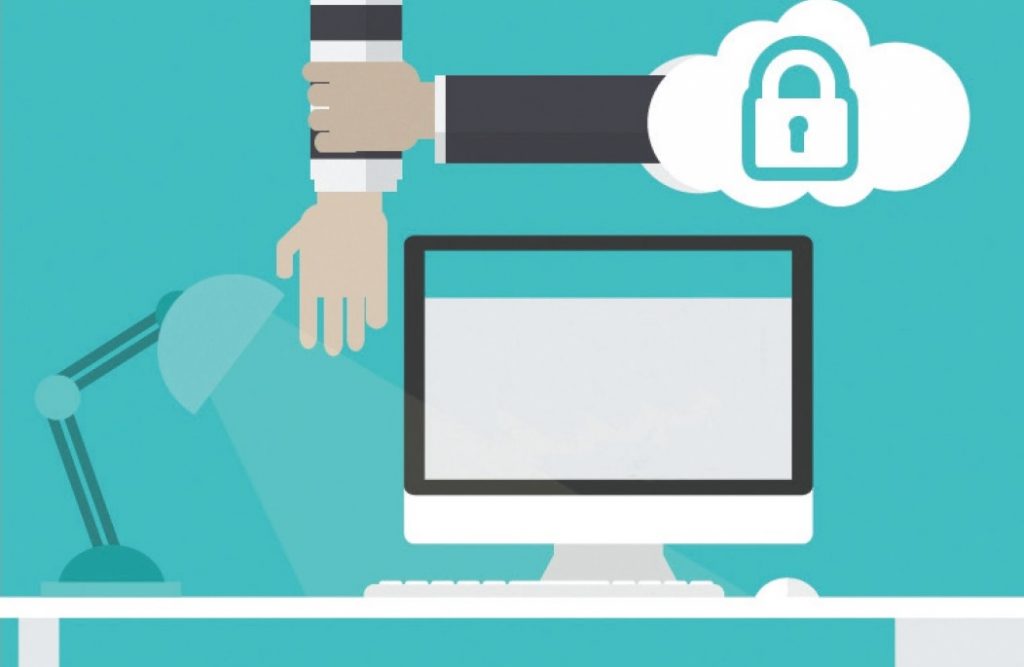Hackers Confiscate More Tax Data—Here’s How to Protect Yourself
Last year hackers stole over 100,000 taxpayer files from the IRS database and obtained protected transcripts that included information such as income, past refunds, number of dependents, mortgages, college loans, employers, and more. Last year, IRS Commissioner John Koskinen stated that the hackers used the information to obtain $50 million in fraudulent refunds. Hill.com states that, “Electronic tax fraud has exploded in recent years, driven by a rash of major data breaches across the U.S.”
In 2016, we’re more susceptible to electronic data theft than ever. TaxSlayer, publisher of the popular online tax preparation software, revealed this week that hackers may have accessed 8,800 customers’ tax return information. Thieves also got their grubby paws on taxpayer identification numbers in the IRS database before being shut down.
HERE ARE SOME THINGS YOU NEED TO KNOW AND DO IN ORDER TO PROTECT YOURSELF:
- The IRS will be sending out letters via U.S. mail to anyone whose identity may have been compromised. If you get one of these letters, follow the instructions completely, says Eva Velasquez, president and CEO of the Identity Theft Resource Center in California.
- Watch out for attempts by other bad guys to trick you. The hackers are probably reading this very article thinking of ways they can impersonate the IRS. Don’t fall prey to their tactics. If you receive a phone call from a person who claims to work for the IRS, hang up. If you receive an email from the “IRS” do not open it. Just delete it. The IRS only sends letters via snail mail.
- Make sure all of your passwords on all of your accounts, especially your personal email, are solid and not something like your birth year, middle name, or pet’s name. Military grade passwords are at least 16 characters with at least two capital letters, two numbers, and two special characters.
- Be more cautious about anything you post on social media. Hackers are like the police; they only know what you tell them. Posting sensitive information such as your address or phone number online makes you an easy target.
- Make it so your data has no value because it can’t be used. Products like Lifelock and other personal information security systems are valuable because they act as a firewall between you and transactions. Even if hackers were able to get your information, they wouldn’t be able to use it because of the verification processes set up by identity protection companies.
- Watch out for anything odd. Watch your statements for bank accounts, credit cards, investments, etc., more carefully than ever. Sleep with one eye open.
- Put every type of protection you can on your financial accounts, Velasquez says. If you can use two passwords, do it. If you can require codes to be sent to your phone in order for you to log in, do it. If you can request email or text alerts for purchases or bank account withdrawals or changes to your contact information, then do it.
- Check your credit reports regularly. You’re entitled to one free credit report per year from each of the three major credit bureaus. Go to annualcreditreport.com or call 1-877-322-8228. You’ll be asked to provide some personal information, as well as which bureau you want a report from (Equifax, TransUnion, or Experian). Order a credit report every four months. C’mon… everybody’s doing it.
- File your taxes as soon as possible. Taxes can only be filed once per calendar year. If you’ve already filed, then hackers can’t claim your refund.
You worked hard all year to earn your tax refund. Don’t let your guard down until you claim it.






